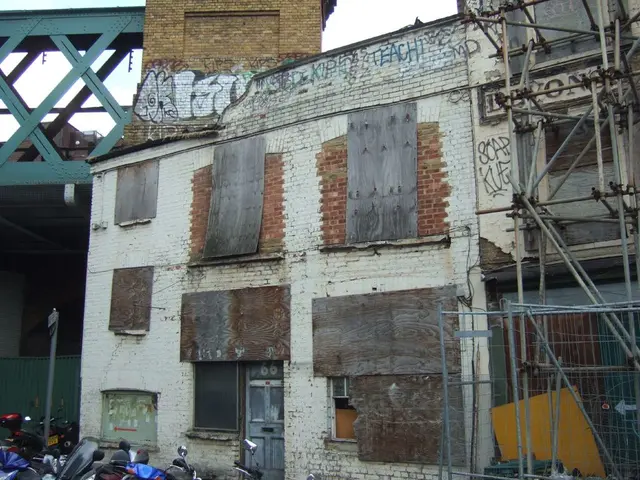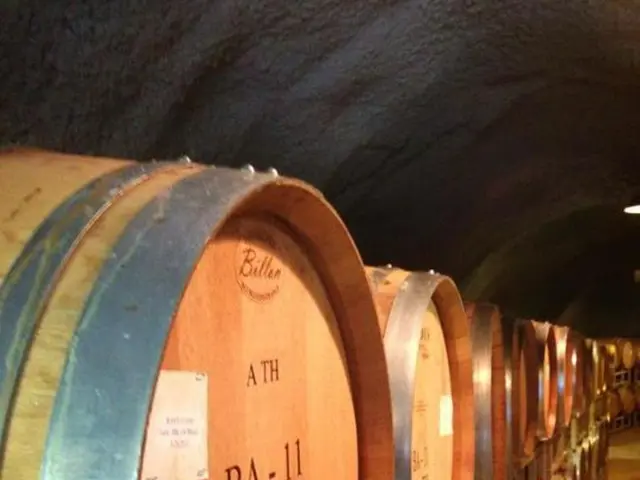Belarus Potash Exports Reach Pre-Sanction Quantity Libers
Belarus Boosts Potash Production Amid Sanctions
Belarusian President Alexander Lukashenko has announced that the country is successfully exporting potash fertilizers despite ongoing sanctions, as the nation pushes forward with the development of its mining and processing sector.
During a visit to a mining and processing complex in the Luiban region, Lukashenko was shown an under-construction facility where industrial-scale potassium ore mining has commenced. He was briefed on the project's progress and plans for commisioning the enterprise. The new complex is designed to have two production lines, each capable of producing 1 million tons of potassium fertilizers. Work is currently underway on the first level, and ore mining has begun.
The deposit's unique offering is "white potash" - a high-quality product made from salt and in high demand on the global market. China is expected to be the main export destination for the finished product.
According to Lukashenko, the enterprise has managed to achieve sales volumes of potassium fertilizers at pre-sanction levels, defying restrictions imposed on the country. Lukashenko stated, "It's impossible to hold back the development of any country, even a small one, with sanctions. It's impossible."
Belarus, alongside Russia, has regained its market position in the potash industry by 2024, with a primary focus on markets outside Europe. The global potash market is thriving, with fully utilized capacities worldwide pushing prices up from USD 283 per tonne in late 2024 to nearly USD 360 per tonne in early May 2025. Key export destinations for Belarusian potash likely include major agricultural markets such as Brazil, India, and China.
Efforts to strengthen potash fertilizer production are a key part of Belarus's industrial development priorities. The new facilities at Luiban will reinforce Belarus's role as a significant player in the international potash market.
[1] "Sanctions were imposed on potassium fertilizers - so what? Today, the head, Andrei Rybaikov, reports that they have reached sales of potassium fertilizers at the pre-sanction level. It's impossible to hold back the development of any country, even a small one, with sanctions. It's impossible," Lukashenko emphasized.[3] Belarus’s potash sector is integrated into a global market context marked by rising demand and competition, with the country maintaining a significant export presence, especially outside Europe. The development of new processing capacity at Lyuban will reinforce Belarus’s role as a key potash fertilizer supplier on the international stage.
The Belarusian potash sector, despite sanctions, has managed to reach pre-sanction sales levels, demonstrating the resilience of the industry in finance [1]. With the commissioning of the new facility at Luiban, Belarus aims to strengthen its role as a significant player in the global energy-intensive potash production [3].







